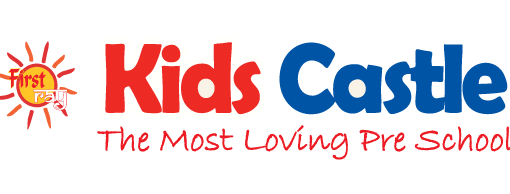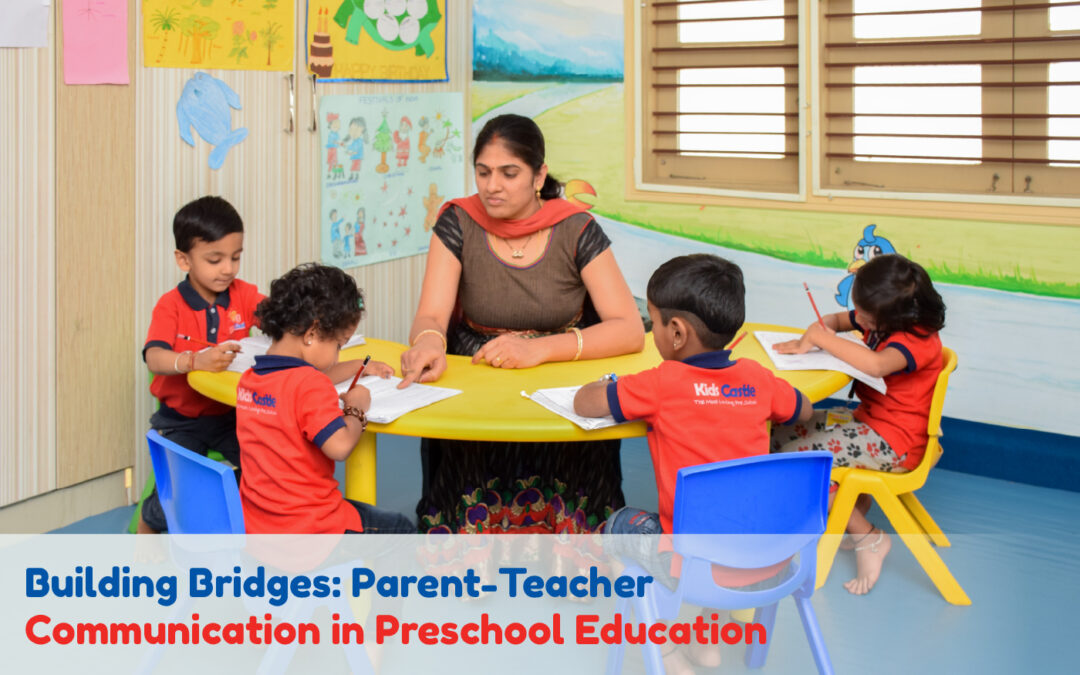In a child’s early years, a solid foundation is established for their future development and success. Preschools play a crucial role in this process, but effective parent-teacher communication is frequently the key to unlocking a child’s full potential.
The significance of collaboration between parents and teachers in the context of preschool education is discussed in this blog.
Partnership for Integral Development:
Preschool education is about developing well-rounded individuals, not just teaching letters and numbers. Parents and teachers can provide a more comprehensive educational experience when they collaborate. Sharing insights, observations, and goals can support a child’s cognitive, social, and emotional development.
Establishing Trust and Relationship:
Effective communication fosters confidence. Partnership develops when parents and teachers share information and ideas openly. This trust fosters an environment where everyone feels at ease and confident in their roles, ultimately benefiting the child.
Understanding the World of a Child:
Parents are a child’s primary caregivers, whereas teachers are their first educational guides outside the home. When these two entities communicate, their understanding of the child’s world is enhanced. This knowledge enables them to adapt their preschool education strategies and support systems accordingly.
Early Identification of Challenges:
Each child is unique and may face various difficulties in their early years. Regular communication enables teachers to identify any developmental or behavioural issues quickly. Early intervention can make a substantial difference in addressing these challenges.
Contributing to Consistency:
Consistency is essential to a child’s growth. When parents and teachers agree on routines, expectations, and behavioural strategies, the child experiences a more stable and predictable environment, which is crucial to their development.
Commemorating Accomplishments:
Parent-teacher communication is broader than addressing problems but also recognizing accomplishments. Small or large, every achievement the child makes is a cause for celebration. This reinforcement promotes continued development and motivation.
Seamless Communication:
Preschools may provide a variety of communication channels, such as parent-teacher meetings, newsletters, emails, phone calls, and even apps and online platforms. Multiple options ensure that parents can participate according to their schedules and preferences.
Encouraging Parental Participation:
Frequently, effective parent-teacher communication results in greater parental involvement. Informed and involved parents are more likely to participate in school activities, volunteer, and provide additional support at home, enhancing their child’s preschool educational experience.
Problem-Solving and Objective-Setting:
Additionally, collaborative communication facilitates problem-solving and goal-setting. Together, parents and teachers can address specific challenges a child may be facing and establish attainable improvement goals.
Ensuring a Smooth Transition:
A child’s transition from preschool to kindergarten is a significant educational milestone. Effective communication between preschool and elementary school teachers ensures a smooth transition, with a comprehensive record of the child’s developmental history and needs.
Conclusion
Parent-teacher communication is not an optional component of preschool education but a fundamental building block. We at Kids Castle Preschool believes in and encourage an environment conducive to the holistic development of young minds.
When parents and teachers collaborate, a child’s opportunities for growth and success are limitless. This partnership is the key to a prosperous future for our youngest students.
Subscribe to our YouTube channel to watch our children participate in our daycare activities.

